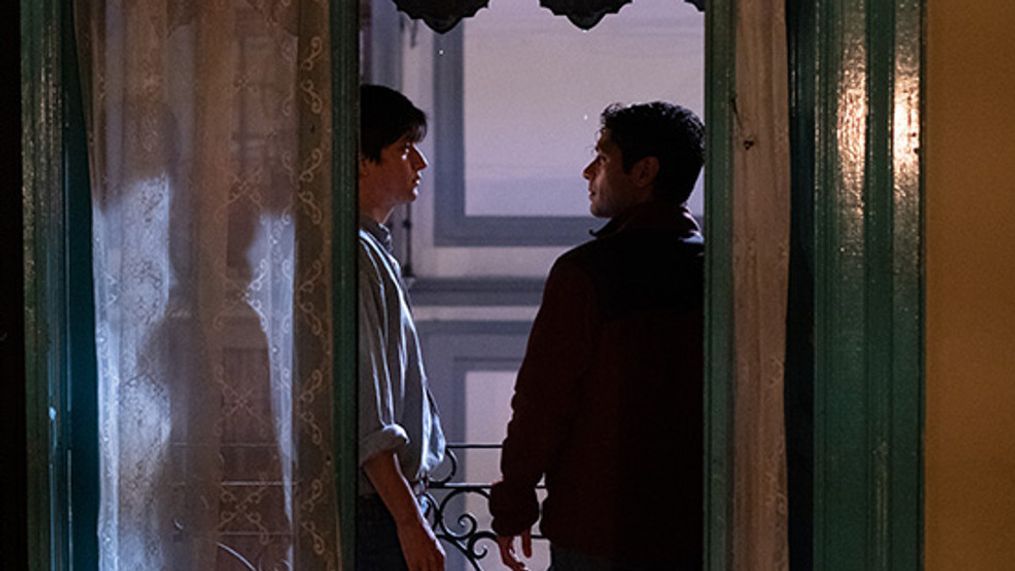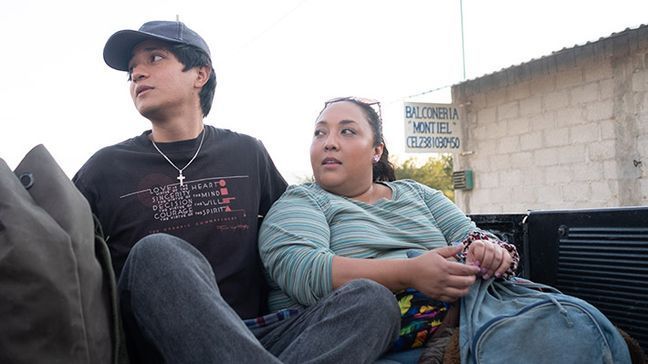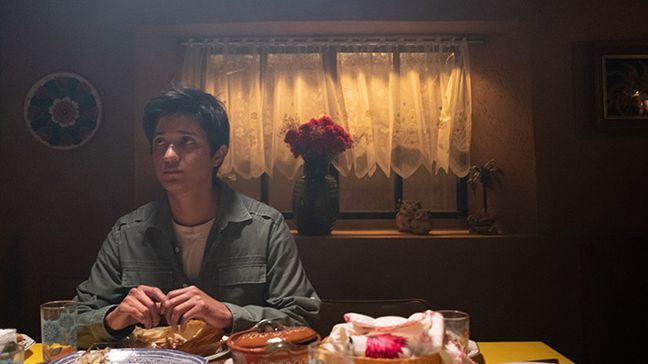Review: Lovesick 'I Carry You with Me' blurs the line between documentary and a memory
I Carry You with Me
4 out of 5 Stars
Director: Heidi Ewing
Writer: Heidi Ewing, Alan Page
Starring: Armando Espitia, Christian Vazquez
Genre: Drama
Rated: R for language and brief nudity
SALT LAKE CITY (KUTV) – Synopsis: Iván left Puebla, Mexico, as a young man to pursue his dreams of being a chef in New York City. In doing so, he left behind a son and Gerardo, the unexpected love of his life.
Review:Director Heidi Ewing is best known for her documentary work on 2006’s “Jesus Camp,” 2012’s “Detropia” and most recently Showtime’s “Love Fraud.” With “I Carry You with Me” is based on the true story of Iván Garcia and Gerardo Zabaleta. In fact, the real Garcia and Zabaleta are featured in the telling of their story. And yet, “I Carry You with Me” isn’t a documentary. Caught somewhere between the lyrical poetry of Terrence Malick’s best work and the wounded longing of a Wong Kar-wei romance, “I Carry You with Me” is a beautiful recollection that is both truth and fiction. It is a story of fulfilled dreams burdened by the weight of what has been sacrificed.
Garcia was an aspiring chef in a dead-end situation in Puebla, Mexico. He was also a terrified, closeted gay man with a son and a fear of how the world could turn on him if his secret was revealed. Zabaleta was open, unapologetically gay. Independent, beautiful, and intelligent. The right man at the wrong time as Garcia illegally immigrated to America to further his culinary career. Garcia moving forward, always looking backwards.
“I Carry You with Me” is equal parts loss and gain. It is strongest when looking backwards with Armando Espitia taking on the role of Garcia and Christian Vazquez as Zabaleta. The contemporary scenes, those featuring the real men, aren’t nearly as evocative. That’s not to say that they are ineffective. There are just places where the seams between what is real and what is remembered is too obvious. An unnatural pause in the rhythm of the visual poetry.




